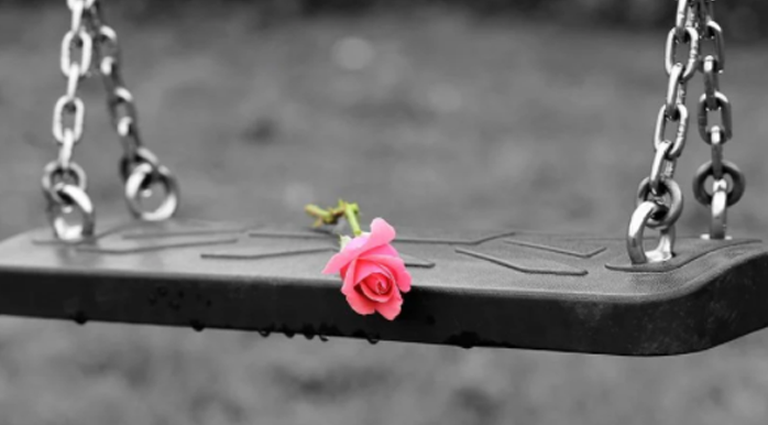|
|
People seldom commit suicide while in the depths of depression when energy and initiative are low and lacking. It is when they begin to rebound and become more capable of following through that the risk increases. People who are addicted to alcohol are nearly 100 times more likely to commit suicide as compared with those not addicted. Depressed people however, are 5 times more at risk than the general population (Bostwick & Pankratz, 2000).
Susceptibility by Age Group
Teenage suicides often follow traumatic events such as a relationship breakup, or a feeling of guilt from an antisocial act and are often linked to alcohol and drug abuse (Fowler Et al., 1986).
The elderly sometimes wish to put an end to their current or future suffering. Suicide may be a way of switching off unendurable pain and relieving the imagined burden on family members (Joiner Et al., 2002).
Subtle Signs
Family and friends have recalled subtle signs that should have forewarned them such as verbal hints, giving possessions away, tidying up ‘loose ends,’ or periods of withdrawal and a preoccupation with death.
Most Attempts Don’t Work
Most suicide attempts are unsuccessful. In the United States, for example, roughly 30,000 suicides are recorded per year, but over a half-million people are treated for suicide attempts in hospital emergency rooms (U.S. Surgeon General, 1999). However, fully one-third of those who actually killed themselves, had tried to kill themselves previously. Contrary to common belief, most people who have committed suicide have talked about it. Therefore anyone who is sending a signal of being desperate or feeling despondent should be taken seriously.
Get Help Quickly
If a friend or loved one talks about suicide, it is important to listen and get them quickly to professional help.
- The National Suicide Prevention Lifeline can be reached at 1-800-273-8255 http://suicidepreventionlifeline.org
- The Veterans Crisis Line can be reached at 1-800-273-8255 https://www.veteranscrisisline.net
- IMAlive Crisis Chatine (www.imalive.org) is a non-profit, worldwide 24/7, anonymous chatline to help anyone in crisis via instant messaging.
- The Crisis Text Line (crisistextline.org) is the only round-the-clock 24-hour, 7 days a week national crisis-intervention text-message hotline.[42]
- For the Crisis Text Line text HOME to 741-741
This report is not a diagnosis. We hope this information can guide you toward improving your life.
Review our Knowledge Base or the links displayed on this page for similar and related topics.

